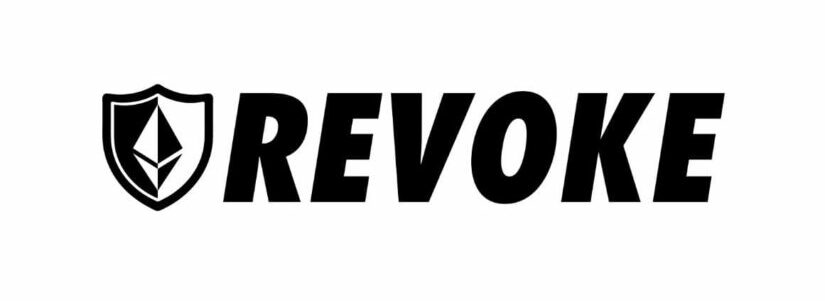Revoke Cash, a tool that helps to protect users from common crypto-related scams has rolled out a new security fix to alleviate the impact of a new crypto scam, that enables scammers to use the so-called “gas tokens” to steal money when victims revoke these “fake approvals”.
What is the New Crypto Scam?
On July 9, Revoke took to Twitter to reveal the new breed of cryptocurrency-related scam, where fraudsters use what are known as gas tokens to trick victims into believing they have suspicious transaction approvals. For the uninitiated, Gas tokens were developed when Ethereum (ETH) network fees started rising. Users could effectively store cheap gas during periods of low network demand.
Yesterday, we received reports of people seeing unknown approval transactions in their transaction history.
It turns out that this is a new scam where scammers use so-called gas tokens to steal money when victims revoke these "fake approvals". pic.twitter.com/vpY2sGIv0T
— Revoke.cash (@RevokeCash) July 9, 2023
The concept was originally developed to help Ethereum users set low gas prices to use later when they go up. These tokens used a function built into Ethereum that refunded gas fees when clearing storage. However, scammers have found a new way to leverage this principle to enrich themselves at the expense of novice cryptocurrency investors. Revoke tweeted,
“Several EVM chains, including BNB Chain, still have this concept of gas tokens, which is what the scammers abuse. These scammers created fake tokens that they airdropped and created fake approvals for these tokens, which people think they need to revoke.”
The company explained scammers programmed these fake tokens so that it mints a lot of gas tokens during the removal of the transaction. These gas tokens are then sent to the scammers, who can sell them, specifying a wallet popup will not show that the user is sending funds, but, just a high fee.
So how does this scam work?
Years ago, when gas fees started to rise on Ethereum, the concept of "gas tokens" were developed. These gas tokens used (or abused) a feature of the EVM that allows for gas refunds when clearing storage.
One example is CHI:https://t.co/MPgvnboi4i
— Revoke.cash (@RevokeCash) July 9, 2023
Revoke Adds New Security Feature
As per the announcement, Revoke stated that it had received several reports of token holders noticing strange approval notifications on their transaction history even though they had denied the transactions. Nevertheless, it has now addressed the issue by adding a check that disables revoking approvals if there’s an excessive gas fee. It also urged users to ignore the fake approvals.
This is not the first time, scammers have used the gas-token scam. The attack resurfaced in response to the recent Multichain Bridge attack that resulted in the loss of around $126 million worth of crypto assets. In the Multichain attack, perpetrators capitalized on gas tokens to carry out the strike, creating fake tokens for airdrops and advertising them to the unsuspecting Fantom (FTM) and Dogecoin (DOGE) holders.
If you tried to revoke these fake approvals, you probably paid a very high fee, which went to the scammers. Besides that, the rest of your wallet should be safe.
— Revoke.cash (@RevokeCash) July 9, 2023
Following the multi-million dollar hack, Revoke has been advising users to revoke approvals for Multichain. On July 9, the platform took to Twitter to caution token holders against reacting to such notifications, noting,
“If you tried to revoke these fake approvals, you probably paid a very high fee, which went to the scammers. Besides that, the rest of your wallet should be safe.”
Crypto Scams are getting More Sophisticated
Over the recent past, the digital assets industry witnessed explosive growth, gaining tremendous attention from multi-billion dollar organizations to start-ups. However, this exponential boom also caught the attention of scammers. It seems crypto-related scams are getting more sophisticated each year.
Besides the regular scams such as phishing, email scams, giveaway scams, rug-pulls, Ponzi schemes, and flash loan attacks, among others, scammers have continued to ramp up other tactics, making it harder for people to secure their investments.











